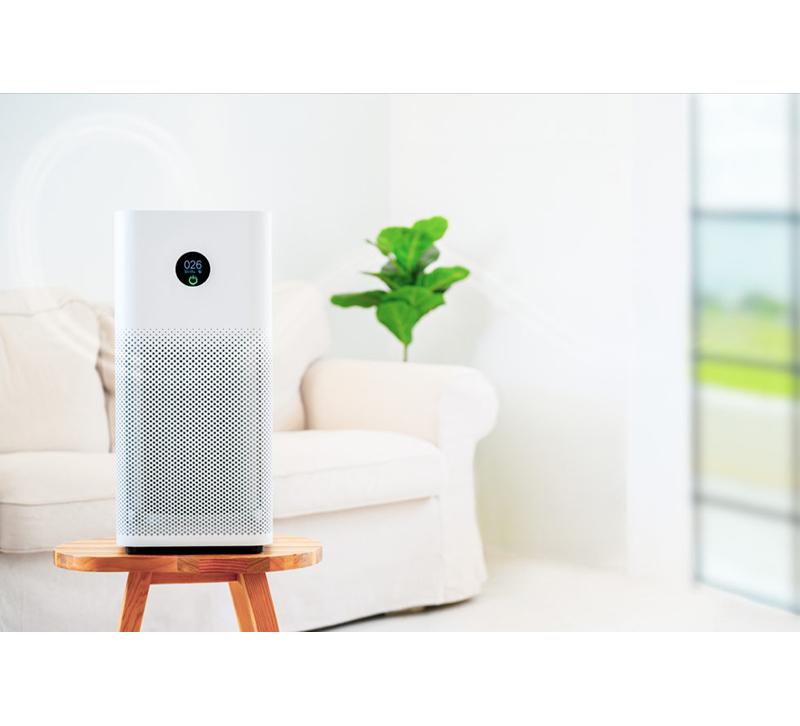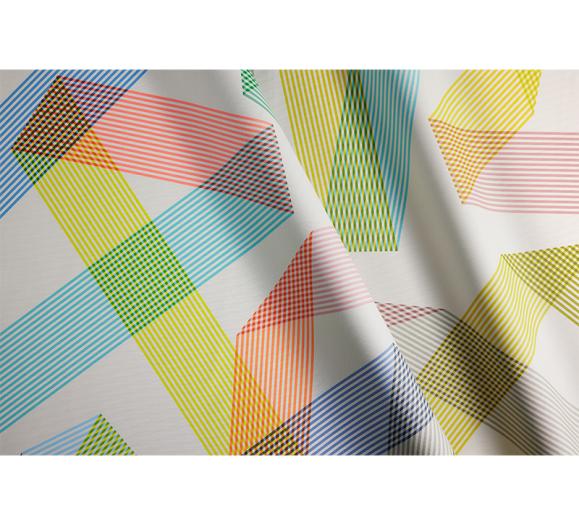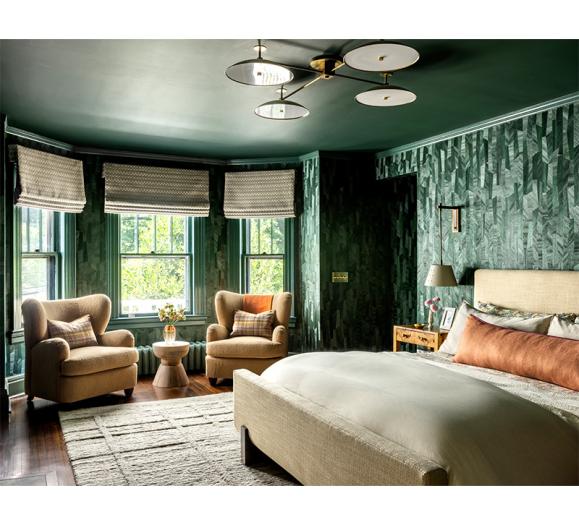It has been a unique year that has reshaped how important things are that we used to take for granted. As the Holiday season is here, I wanted to touch on the topic of indoor air quality to optimize our health in our homes and interiors.
Clean air is essential to our wellbeing. It fills our lungs. It seeps into our bloodstreams. It sustains us. Indoor air has the potential to be five times dirtier than outdoor air, and according to the World Health Organization, 9 out of 10 people are breathing polluted air, all around the world.
Poor air quality can irritate the eyes, nose and throat, cause shortness of breath, aggravate asthma and other respiratory conditions, and affect the heart and cardiovascular system. Airborne bacteria and viruses can linger in spaces, endangering those who pass through.
COVID-19 and the Need for Air Purification
In 2020, demand for high-quality air purification has been taken to the next level since we started fighting the invisible enemy of COVID-19 and the pollution from millions of acres of forest fires across the United States, Canada, Argentina, and Australia, among others.
Social distancing and the increase in people working from home has also driven demand for luxury home smart-tech tools to make life indoors more comfortable and convenient. People are investing beyond what looks good – they’re extending into sensory upgrades to help their spaces feel better, sound better and yes… smell better too.
Air Quality Solutions
Let’s take a look at some of the best solutions available to enhance air purification and odor control.
Check your stats: Websites like IQair.com can tell you the air quality in your neighborhood, or anywhere in the world. Just like checking the weather, make checking your local air quality part of your routine to help you make informed decisions about whether or not to open your windows or exercise outdoors on any given day.
Ventilation: exhaust fans are a major player in the world of air quality. The ability to whisk out lingering odors from kitchens to bathrooms makes a big impact on our experience in a space. Built-in humidity sensors are a handy improvement on traditional ventilation systems, reducing moisture build-up and risk of mold development.
Central Filtration: Check your HVAC system’s filter for its Minimum Efficiency Reporting Values, or MERV – which reports a filter’s ability to capture particles.
According to the EPA, “Filters with MERV-13 or higher ratings can trap smaller particles, including viruses. Many home HVAC systems will have a MERV-8 filter installed as the default. Upgrading to a MERV-13 rated filter, or the highest-rated filter that your HVAC system fan and filter slot can accommodate, could improve the system’s efficacy in removing viruses from circulated air.” This includes Coronavirus particles, which makes MERV-13 filters a very hot item this year.
Portable filters: Companies like Molekule have seen major increases in sales this year, for people looking to purify their air outside of an HVAC system. Purification advancements in recent years have created an influx of sleek and inconspicuous, yet powerful portable air-filtration options.
Humidifiers / Dehumidifiers: Depending on the climate where you live, you may struggle with too much, too little, or an inconsistent humidity level throughout the year. Ideal indoor humidity is 30 to 50 percent, and you can track yours with unobtrusive humidity gauges to know how best to adjust your moisture-level to your preference.
Modern humidifier and dehumidifier models come with a set-and-forget function, able to monitor your space and turn themselves on and off automatically to keep you at your desired level. Most of them interface with smart home devices like Alexa, google home, your phone, and more for a more automated, integrated experience. Some even include bonus air purification via HEPA filter.
Ultraviolet purification: The most effective technology to purify bacteria and viruses from the air utilizes UV light. Purifiers take in air and expose it to UV rays, which is then returned to the environment free of microbes and particulate matter.
Another UV application is through germicidal irradiation, or UVGI, where a light installed in the HVAC system or a particular room cleanses the air around it.
UV can even be used to purify water, killing microorganisms, and other unsavory additives.
Diffusers: Essential oils have many physical and spiritual benefits, but one of my favorite uses for them is to “design” the scent of your space. Find the perfect blend for you, whether it be relaxing, invigorating or somewhere in between, and diffuse it into your environment to enhance the odor and increase your sense of wellbeing.
Analog solutions: With all these incredible technological advancements in the world of air purification and odor control, let’s not overlook the easiest and least expensive options!
Plants: Just as trees nourish our outdoor air, greenery has the power to purify our indoors, by releasing oxygen while they absorb unwelcome gasses and VOCs from our environment. They also boast myriad benefits that go way beyond our air quality. (For more on decorating with plants and why I recommend them, check out our recent eBook on the topic!)
Open up: as long as the air quality around your home is good, make good use of your windows and doors, and let the fresh air in!
As we look forward to 2021, consider what improvements you could make to the quality of the air you breathe in your own spaces. The impact of your air’s quality on your overall wellbeing and the wellness of those around you makes it an easy investment to rationalize. It will pay for itself in a positive impact on your health!
In what ways will you improve your family’s safety, comfort, and wellbeing through the mindful use of air purification and odor control?
Whatever you choose, I wish you wellness for this Holiday season and beyond!








